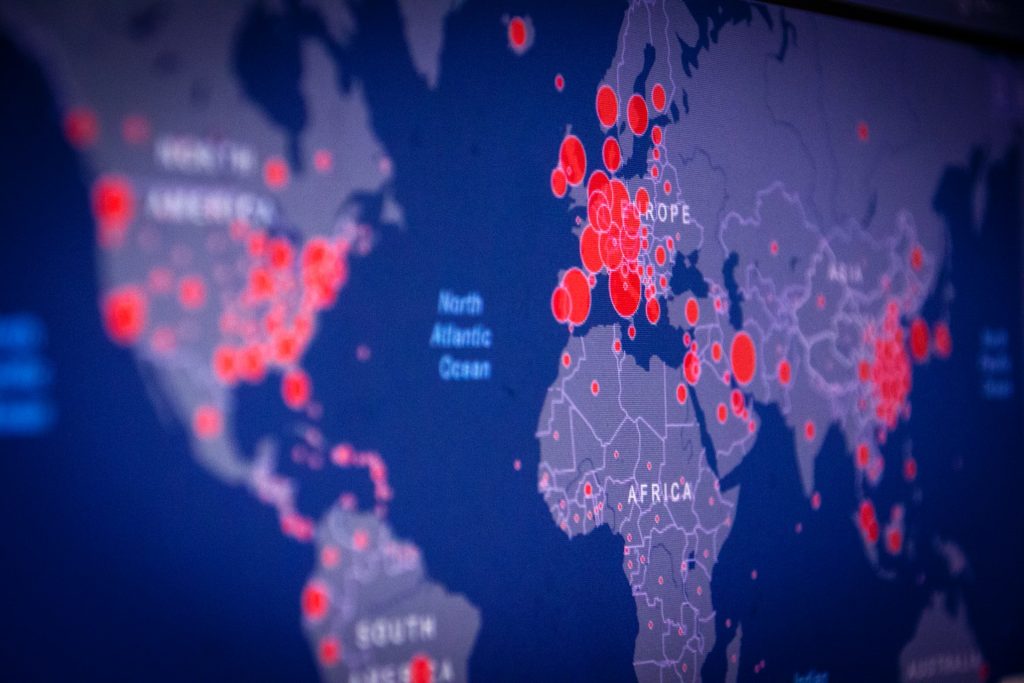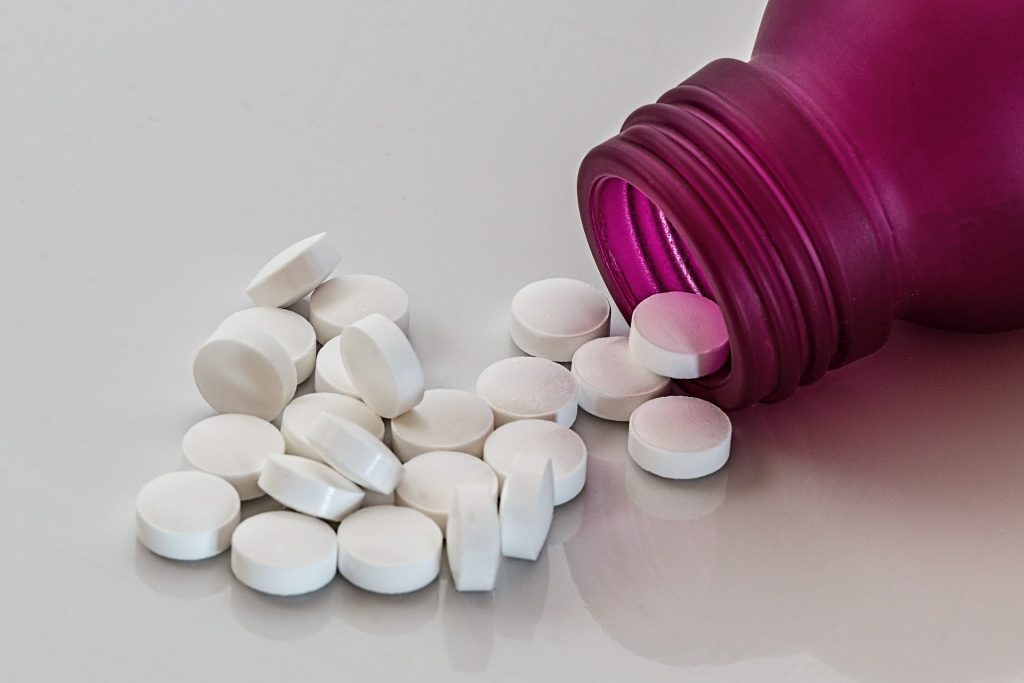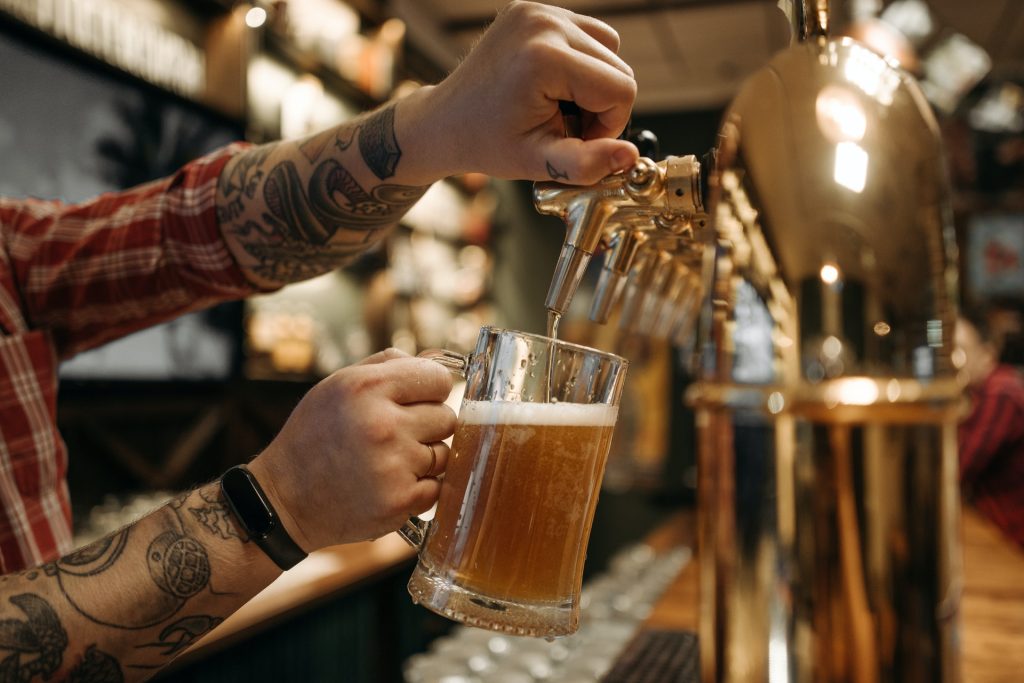Only 1 in 10 people with diabetes in low- and middle-income countries are getting evidence-based, low-cost comprehensive care proven to reduce diabetes-related problems, according to a study published in Lancet Healthy Longevity.
That comprehensive package of care – low-cost medicines to reduce blood sugar, blood pressure and cholesterol levels; and counseling on diet, exercise and weight – can help lower the health risks of under-treated diabetes. Those risks include future heart attacks, strokes, nerve damage, blindness, amputations and other disabling or fatal conditions.
The authors analysed data from recent surveys, examinations and tests of over 680 000 people between 25 and 64 worldwide. More than 37 000 had diabetes; more than half of them had a key biomarker of elevated blood sugar but had not yet received a diagnosis.
The researchers have provided their findings to the World Health Organization, which is developing efforts to scale up delivery of evidence-based diabetes care globally as part of an initiative known as the Global Diabetes Compact. The forms of diabetes-related care used in the study are all included in the 2020 WHO Package of Essential Noncommunicable Disease Interventions.
“Diabetes continues to explode everywhere, in every country, and 80% of people with it live in these low- and middle-income countries,” said lead author David Flood, MD, MSc, a National Clinician Scholar at the U-M Institute for Healthcare Policy and Innovation. “It confers a high risk of complications such as including heart attacks, blindness, and strokes. We can prevent these complications with comprehensive diabetes treatment, and we need to make sure people around the world can access treatment.”
Flood worked with senior author Jennifer Manne-Goehler, MD, ScD, of Brigham and Women’s Hospital and the Medical Practice Evaluation Center at Massachusetts General Hospital, to lead the analysis of detailed global data.
In addition to the main finding that 90% of the people with diabetes studied weren’t getting access to all six components of effective diabetes care, the study also finds major gaps in specific care.
For instance, while about half of all people with diabetes were taking a drug to lower their blood sugar, and 41% were taking a drug to lower their blood pressure, only 6.3% were receiving cholesterol-lowering medications. Less than a third had access to counseling on diet and exercise.
These findings show the need to scale-up proven treatment not only to lower glucose but also to address cardiovascular disease risk factors, such as hypertension and high cholesterol, in people with diabetes.
“Diabetes continues to explode everywhere, in every country, and 80% of people with it live in these low- and middle-income countries. We need to make sure people around the world can access treatment.” David Flood, MD, MSc.
Even when the authors focused on the people who had already received a formal diagnosis of diabetes, they found that 85% were taking a medicine to lower blood sugar, 57% for blood pressure, but only 9% for cholesterol. Nearly 74% had received diet-related counseling, and just under 66% had received exercise and weight counseling.
Taken together, less than one in five people with previously diagnosed diabetes were getting the full package of evidence-based care.
Economy and availability of care
The researchers found that generally, the lower the average income of the country and region, the less evidence-based diabetes care was available.
The nations in the Oceania region of the Pacific had the highest prevalence of diabetes – both diagnosed and undiagnosed – but the lowest rates of diabetes-related care.
However some low-income countries had higher-than-expected rates of good diabetes care, said Dr Flood. The Latin America and Caribbean region had the second highest diabetes prevalence, but had much higher levels of care than Oceania.
Finding out what the countries with high-performing achievements in diabetes care are doing well could provide valuable insights for improving care elsewhere, the authors said. That even extends to informing care in high-income countries like the United States, which does not consistently deliver evidence-based care to people with diabetes.
The study also highlights differences in diabetes diagnoses in different regions and countries. Access to diagnosis enables people to receive diabetes care.
Women, people with higher levels of education and higher personal wealth, and people who are older or had high body mass index were more likely to be receiving evidence-based diabetes care. Diabetes in people with ‘normal’ BMI is not uncommon in low- and middle-income countries, suggesting more need to focus on these individuals, the authors noted.
The fact that cheap diabetes-related medications are available, and that people can cut risk through lifestyle changes, mean that cost should not be a major barrier, said Flood. In fact, studies have shown that the medications are cost-effective as a preventative measure.
Source: University of Michigan
Journal information: David Flood et al, The state of diabetes treatment coverage in 55 low-income and middle-income countries: a cross-sectional study of nationally representative, individual-level data in 680 102 adults, The Lancet Healthy Longevity (2021). DOI: 10.1016/S2666-7568(21)00089-1







